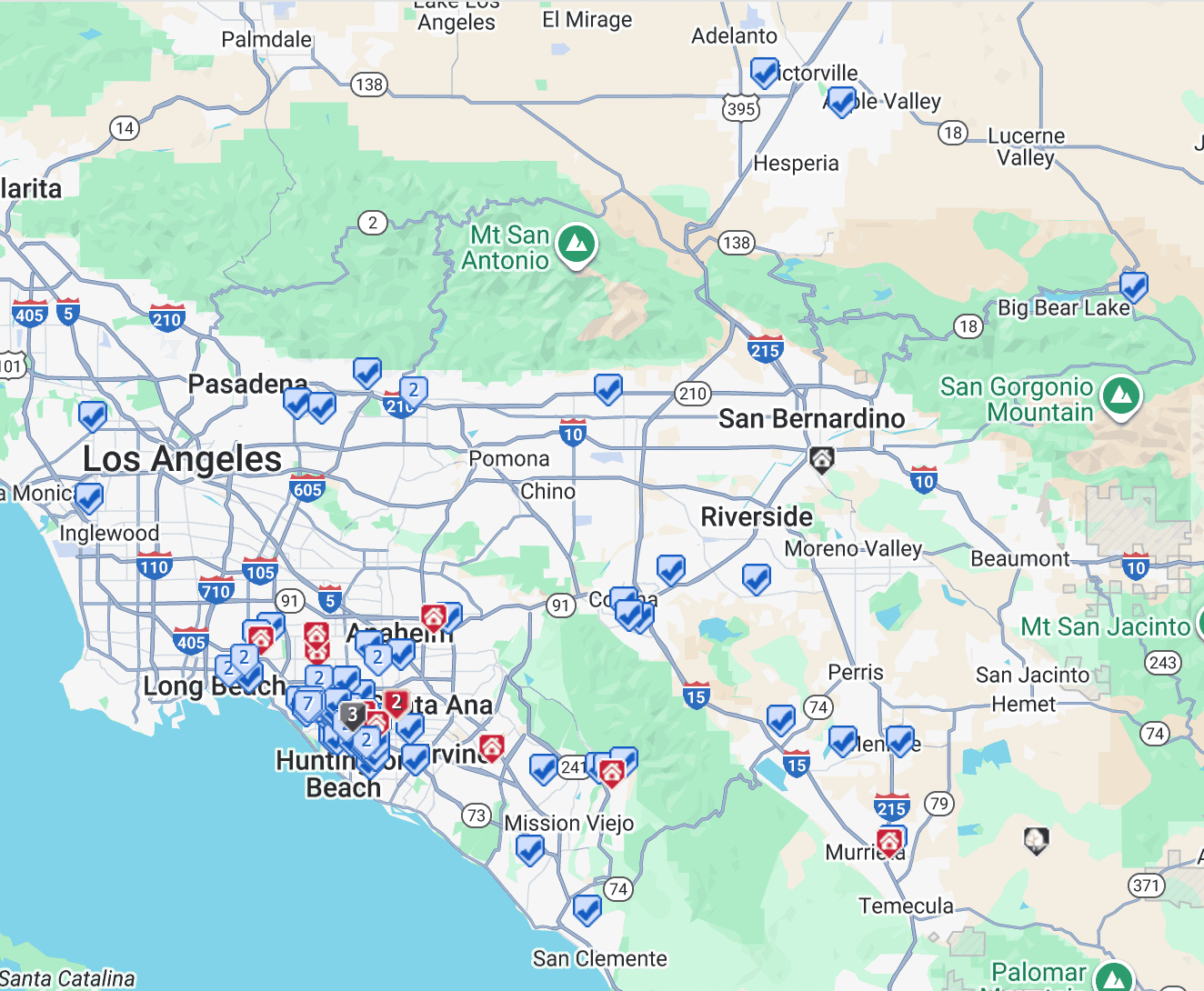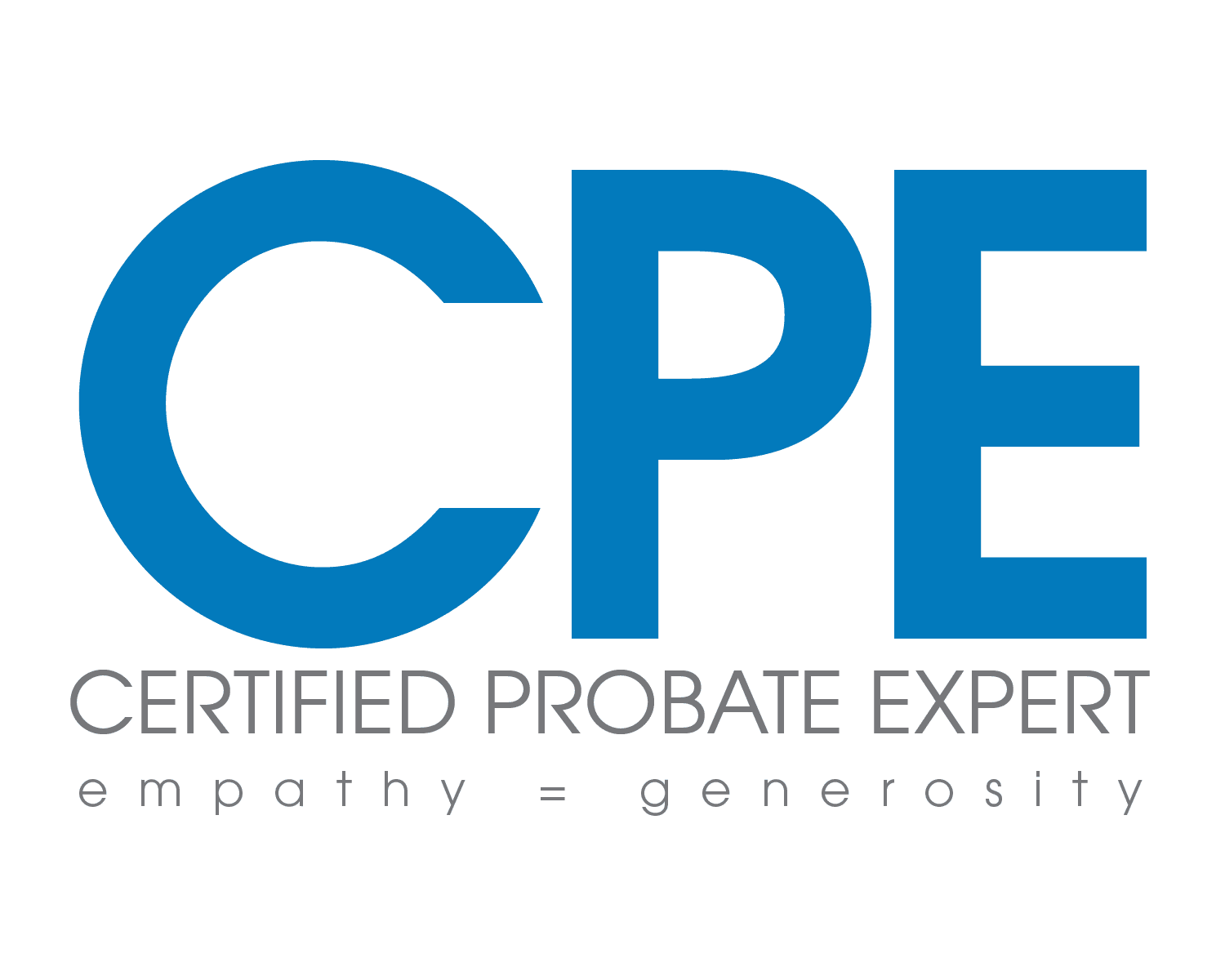
Planning for the future isn’t just about saving for retirement or picking the perfect vacation spot—it’s also about ensuring your loved ones inherit your assets smoothly and cost-effectively. In California, two common paths for transferring your estate are setting up a living trust or letting your estate go through probate. With Assembly Bill 2016 (AB 2016) that took effect on April 1, 2025, probate rules have changed, especially for primary residences. So, which option is right for you? Let’s break down the costs, benefits, and key considerations to help you decide.
What’s a Living Trust?
A revocable living trust is a legal document that holds your assets (like your home, bank accounts, or investments) during your lifetime and allows them to pass to your heirs without probate. You stay in control, can change the trust anytime, and avoid the public, costly, and time-consuming probate process.
Can Medi-Cal Recover Money From a Trust?
What’s Probate?
Probate is the court-supervised process of distributing a deceased person’s assets. In California, estates worth more than $208,850 (or $184,500 for deaths before April 1, 2025) typically require probate if no trust or other probate-avoidance tools are in place. Probate can be slow, public, and expensive, but AB 2016 introduces a cheaper option for some estates.
How AB 2016 Changes Probate
As of April 1, 2025, AB 2016 makes probate more affordable for certain estates:
Higher Small Estate Limit: The threshold for using a Small Estate Affidavit (for personal property like bank accounts) increases from $184,500 to $208,850.
Primary Residence Exemption: A primary residence valued up to $750,000 can be transferred using a simplified “Petition to Determine Succession to Real Property,” bypassing full probate. This applies only to the decedent’s main home, not vacation or investment properties.
Faster Process: The petition takes 2 to 6 months, compared to 8 months to 2 years for full probate.
These changes make probate less daunting for smaller estates, but trusts still have advantages. Let’s compare the costs.
Cost of a Living Trust in California
Setting up a living trust requires an upfront investment, but it can save thousands later. Here’s what you’ll pay:
Attorney Fees: A basic trust costs $1,500 to $5,000. Complex trusts (e.g., with special needs provisions or multiple properties) run $5,000 to $10,000+.
Legal Document Services: Non-attorney services, like paralegals, charge $700 to $1,600 for simple trusts or $1,100 to $4,000 for complex ones.
DIY/Online Options: Platforms like LegalZoom offer trusts for $400 to $600, but they’re riskier for larger or complicated estates.
Extras:
Notarization and recording fees: $50 to $200.
Property transfer fees (e.g., retitling your home): Minimal, county-specific.
Maintenance: Updates every few years cost $100 to $500.
Professional trustee fees (after your passing, if needed): 1% to 2% of estate value.
Total Cost: $400 to $1,500 (DIY), $1,000 to $3,000 (basic trust), or $3,000 to $10,000+ (complex trust).
Cost of Probate in California
Probate costs depend on your estate’s size and whether AB 2016’s simplified process applies. Here’s the breakdown:
Estates with a Primary Residence ≤ $750,000 and Other Assets ≤ $208,850
Simplified Petition for Primary Residence:
Court filing fees: ~$435.
Probate referee appraisal: ~$750 (0.1% of a $750,000 home).
Attorney fees: $1,000 to $3,000.
Miscellaneous (notices, mailings): $100 to $500.
Total: $1,500 to $4,500.
Small Estate Affidavit for Personal Property:
Notary fees: $15 to $50.
Document prep (if using a service): $100 to $500.
Total: $100 to $600.
Time: 2 to 6 months.
Estates Exceeding $208,850 or Non-Primary Properties
Full Probate Fees (based on gross estate value, paid to both executor and attorney):
$500,000 estate: $26,000 ($13,000 each).
$1,000,000 estate: $46,000 ($23,000 each).
$2,000,000 estate: $66,000 ($33,000 each).
Extras:
Court fees: ~$435.
Appraisal fees: ~0.1% of estate value.
Bond fees (if required): 0.5% to 1% of estate value.
Extraordinary fees (e.g., disputes): $1,000 to $10,000+.
Miscellaneous: $500 to $2,000.
Total: $26,000 to $30,000 ($500,000 estate) or $66,000 to $75,000+ ($2,000,000 estate).
Time: 8 months to 2 years.
Trust vs. Probate: Which Is Cheaper?
Small Estates (Primary Residence ≤ $750,000 + Other Assets ≤ $208,850):
AB 2016’s simplified petition ($1,500 to $4,500) is competitive with a basic trust ($1,000 to $3,000). However, trusts are faster, private, and reduce dispute risks.
Example: A $600,000 home + $100,000 in assets costs ~$2,700 via AB 2016 or ~$2,000 for a trust. The trust wins for non-cost benefits.
Larger Estates (> $208,850 or Non-Primary Properties):
Full probate is costly ($26,000 to $75,000+), making trusts a clear winner. For a $1,000,000 estate, a trust (~$2,500) saves ~$43,500 compared to probate (~$46,000).
Why Choose a Trust?
Beyond cost, trusts offer:
Privacy: Unlike probate, trusts aren’t public records.
Speed: Assets distribute in weeks, not months or years.
Control: Manage assets during incapacity or set terms for minors/special needs beneficiaries.
Flexibility: Covers all assets, not just primary residences.
Risks: Assets must be properly transferred into the trust, or they’ll face probate. Regular updates (every 3–5 years) prevent this.
Why Use AB 2016’s Probate Process?
For simple estates with cooperative heirs, AB 2016’s petition is a budget-friendly option. Risks include:
Disputes: Notifying heirs can spark conflicts, adding $5,000 to $20,000+ in legal fees.
Limited Scope: Only applies to primary residences ≤ $750,000.
Tax Issues: Proposition 19 may trigger property tax reassessments on inherited homes.
Alternatives to Trusts and Probate
Transfer-on-Death (TOD) Deeds: Cost $100 to $500 to transfer real property without probate.
Payable-on-Death (POD) Accounts: Free for bank accounts/securities.
Joint Tenancy: Avoids probate but may complicate taxes or control.
What Should You Do?
Small Estates: If your estate is under $208,850 (plus a ≤ $750,000 primary residence), AB 2016’s process may suffice. Still, a trust ensures privacy and speed.
Larger Estates: For assets over $208,850 or non-primary properties, a trust saves tens of thousands and simplifies the process.
Talk to an Expert: An estate planning attorney can tailor a trust or guide you through AB 2016’s rules. DIY trusts are risky for complex estates.
Act Now: Review your plan and set up a trust.
Final Thoughts
AB 2016 makes probate more affordable for modest estates, but living trusts remain the gold standard for most Californians. They save money, time, and stress while keeping your legacy private. Whether you’re protecting a cozy family home or a diverse portfolio, a trust gives you peace of mind that your loved ones will inherit what you’ve worked hard for—without a court battle.
Ready to plan? Consult an estate planning attorney to explore your options. Your future family will thank you!
Do you need a referral for an estate planning attorney? Simply reach out and we can provide one.








